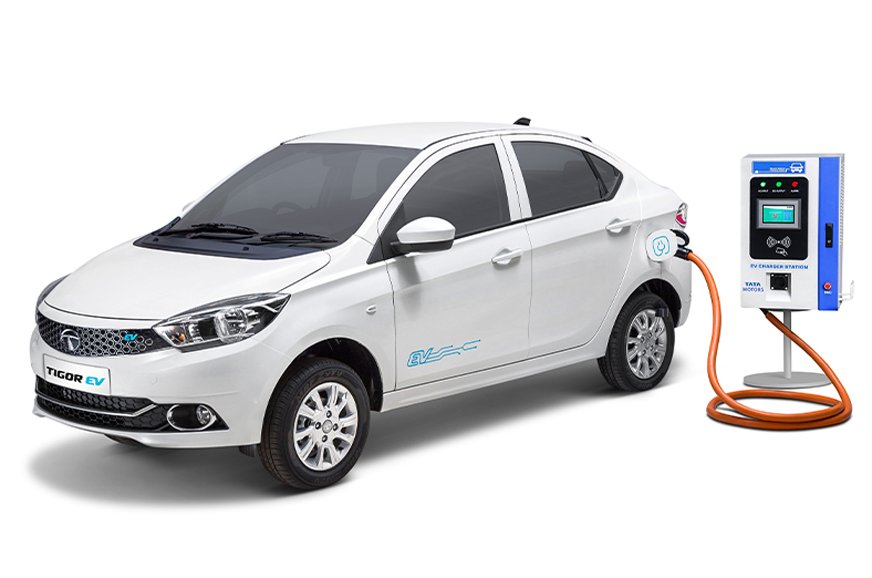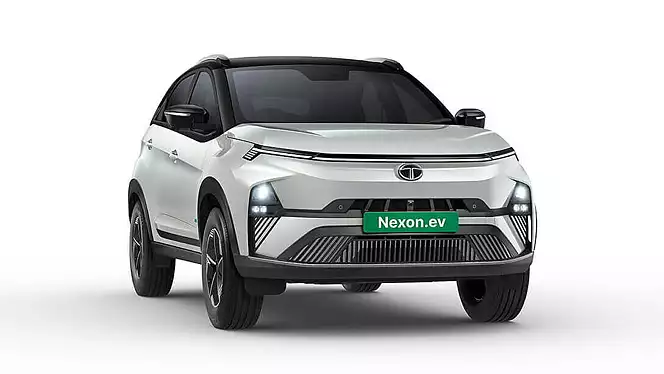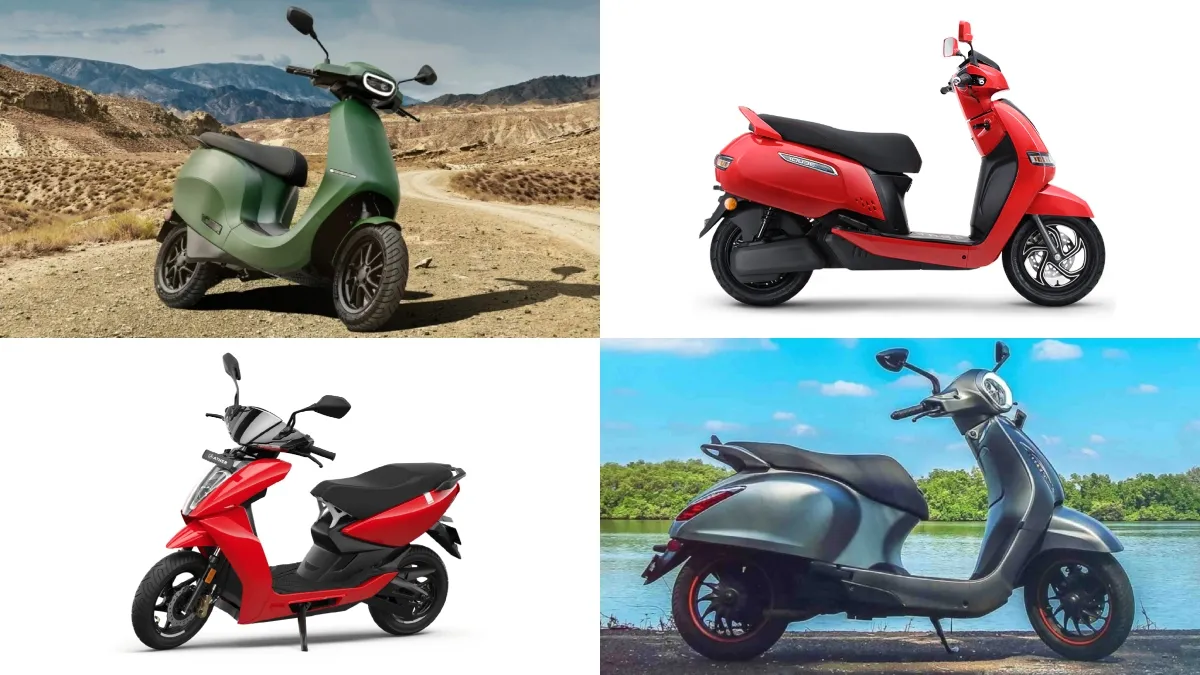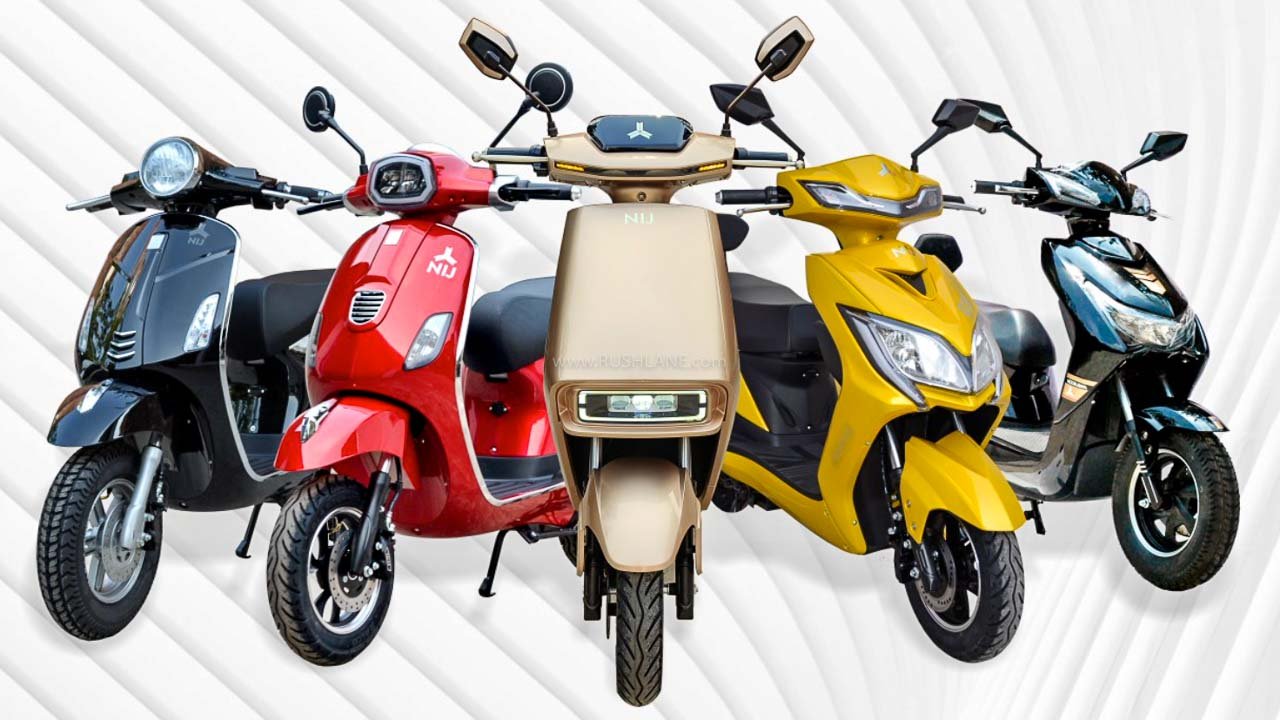In an era marked by an increasing awareness of environmental sustainability and a global shift towards clean energy, the automotive industry has been quick to embrace electric vehicles (EVs) as a viable solution to reduce carbon emissions. Among the pioneers in this transformative journey is Tata Motors, a leading Indian automotive manufacturer that has made significant strides in the electric vehicle market. This article delves into the innovative world of Tata Electric Cars, examining their impact on the automotive landscape, technological advancements, and the driving force behind their surge in popularity.
The Birth of Tata Electric Cars:
Tata Motors entered the electric vehicle arena with the introduction of the Tata Tigor EV in 2017. This marked a significant milestone in the company’s commitment to sustainable mobility. Building on this foundation, Tata Motors continued to innovate, leading to the launch of the Nexon EV in 2020. These electric vehicles were not just symbolic gestures but tangible steps towards a greener and cleaner future for the automotive industry.
Key Features and Technological Advancements:
Tata Electric Cars are defined by their cutting-edge technology and innovative features that set them apart in the electric vehicle market. The Nexon EV, for example, boasts an impressive range on a single charge, addressing one of the common concerns associated with electric vehicles. The Tata Tigor EV, on the other hand, emphasizes affordability without compromising on performance.
One of the standout features of Tata Electric Cars is their focus on safety. Equipped with advanced safety features such as regenerative braking, an electronic stability program, and a reinforced safety structure, Tata EVs prioritize the well-being of both the driver and passengers. Additionally, these cars incorporate state-of-the-art battery management systems, ensuring optimal performance and longevity of the electric powertrain.
Charging Infrastructure and Range Anxiety:
Addressing the concerns surrounding charging infrastructure and range anxiety has been a crucial aspect of Tata Motors’ electric vehicle strategy. Tata Electric Cars come with multiple charging options, including fast charging capabilities that significantly reduce the charging time. The company has also been actively collaborating with various stakeholders to expand the electric charging infrastructure across the country, easing the transition to electric mobility.
Tata Motors has introduced a comprehensive ecosystem to support its electric vehicles, including a dedicated app that allows users to monitor and control various aspects of their electric cars remotely. This app provides real-time updates on the battery status, charging progress, and even allows for pre-cooling or pre-heating the car before a journey, enhancing the overall user experience.
Sustainability and Environmental Impact:

Beyond the technological advancements, Tata Electric Cars align with the global commitment to sustainability. The shift towards electric mobility contributes significantly to reducing greenhouse gas emissions and dependence on fossil fuels. Tata Motors has undertaken initiatives to minimize the environmental impact of its electric vehicles, from using eco-friendly materials in manufacturing to promoting responsible recycling of batteries.
The company’s commitment to sustainability extends beyond the vehicles themselves. Tata Motors actively engages in community outreach programs and environmental initiatives, emphasizing their dedication to creating a cleaner and greener world for future generations.
Market Response and Global Expansion:
The market response to Tata Electric Cars has been overwhelmingly positive, with consumers embracing the brand’s commitment to innovation, sustainability, and affordability. The Nexon EV, in particular, has garnered praise for its performance, range, and safety features. This positive reception has propelled Tata Motors to explore opportunities for global expansion in the electric vehicle market.
Tata Motors has not limited its electric ambitions to the Indian market alone. The company has expressed its intention to participate in the global electric vehicle landscape, leveraging its technological expertise and commitment to sustainability. This global outlook positions Tata Electric Cars as a formidable player in the rapidly evolving electric vehicle market worldwide.
Challenges and Future Prospects:
While Tata Motors has made significant strides in the electric vehicle domain, challenges persist. The need for further advancements in battery technology, increased charging infrastructure, and government incentives to promote electric mobility are crucial factors that will shape the future of Tata Electric Cars.
Looking ahead, Tata Motors has ambitious plans for expanding its electric vehicle portfolio and increasing market penetration. The company aims to launch a range of electric vehicles across different segments, catering to diverse consumer preferences. With ongoing research and development efforts, Tata Motors envisions a future where electric mobility is not just a choice but a mainstream reality.
Conclusion:
Tata Electric Cars represent a paradigm shift in the automotive industry, embodying innovation, sustainability, and a commitment to a cleaner future. The success of models like the Tata Tigor EV and Nexon EV underscores the growing acceptance of electric vehicles in the market. As Tata Motors continues to lead the charge towards electric mobility, the company’s dedication to technological advancements, safety, and environmental responsibility positions it as a key player in shaping the future of the automotive landscape. The road ahead may present challenges, but Tata Electric Cars are poised to drive the transformation towards a more sustainable and eco-friendly automotive era.
Internal link: opticalsworld










